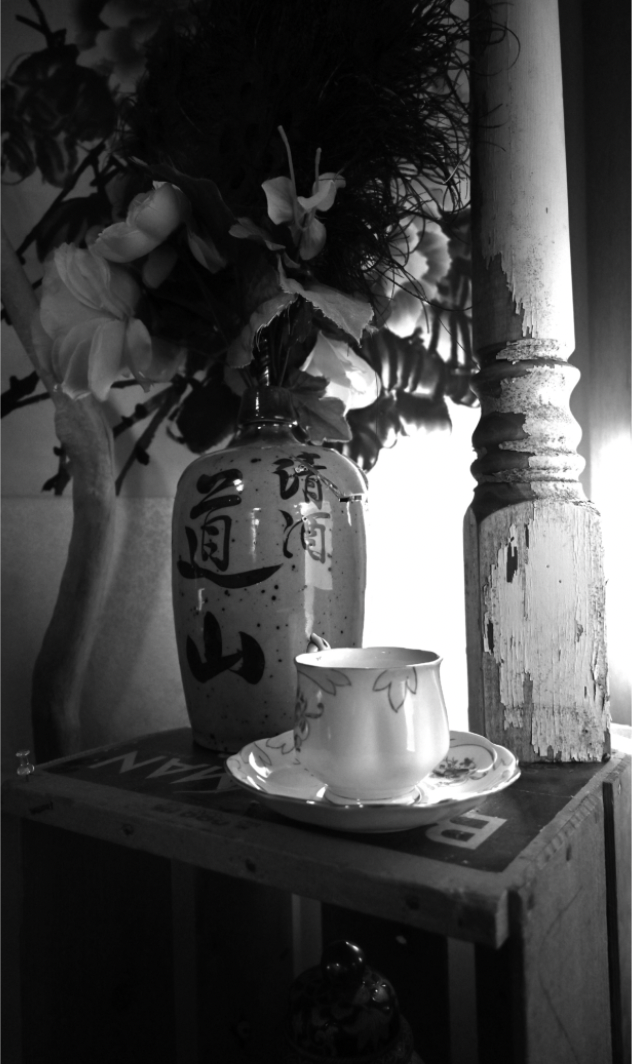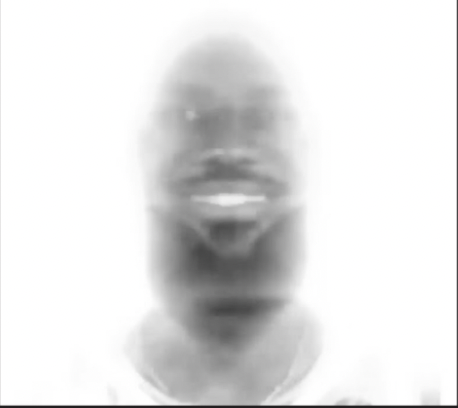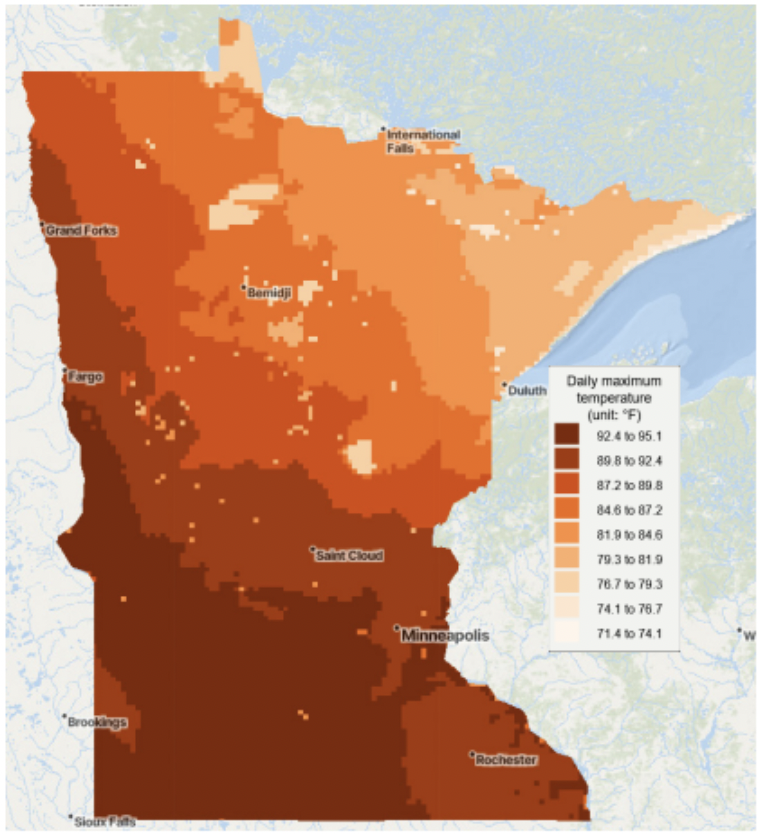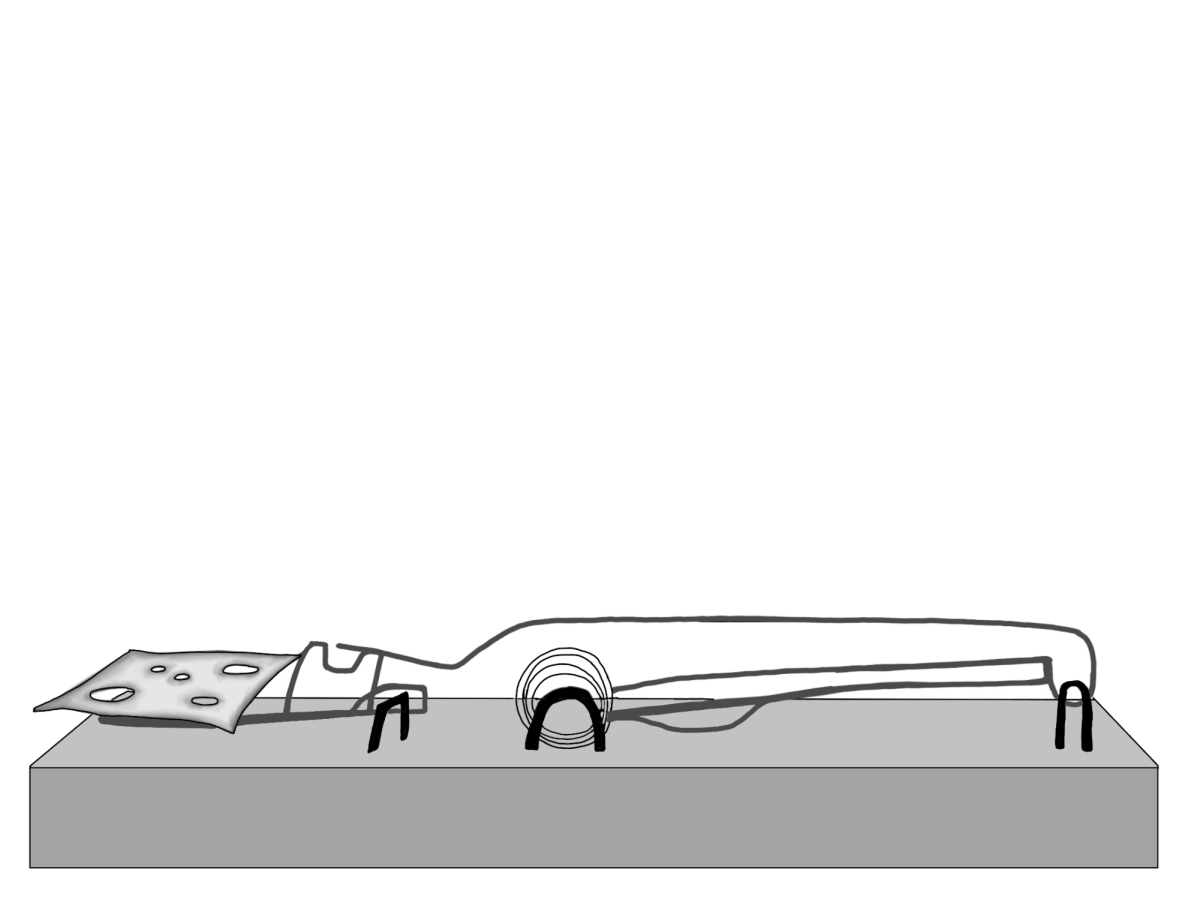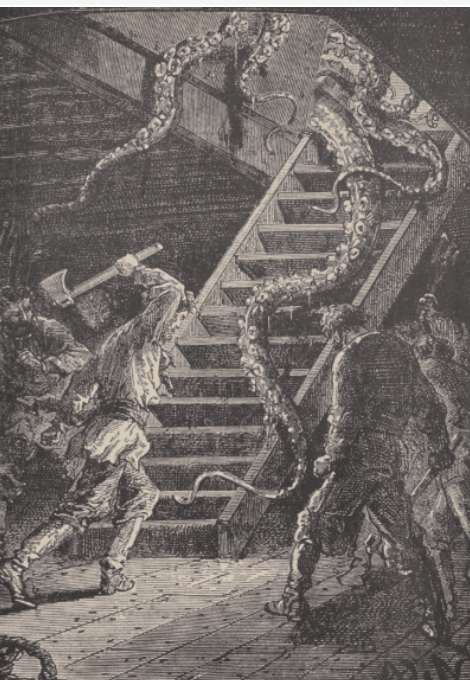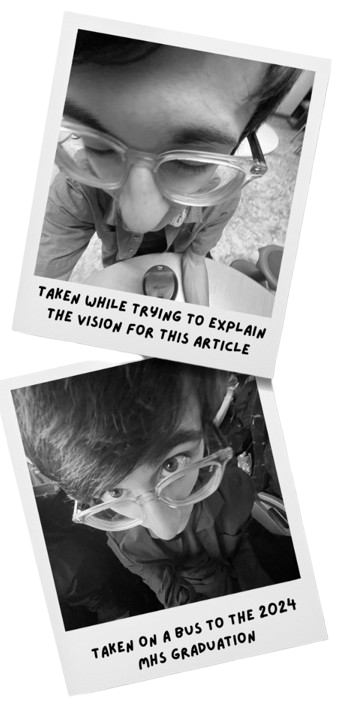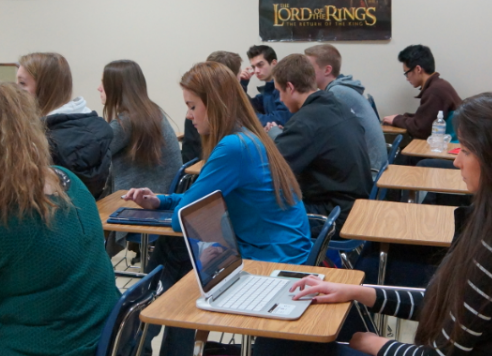Betsy DeVos’ School Choice Plan Casts Desolate Shadow on Public Education
March 22, 2017
It’s been the elephant in the room for many public educators and students alike, and Breezes is here to address it. Last month, Betsy DeVos became the nation’s eleventh Secretary of Education, however, her qualifications fall short of her predecessors; DeVos, a billionaire, donated over $200 million to the Republican Party, which leaves many to believe that her massive donation granted her the position of Secretary of Education. Additionally, DeVos’ qualifications for such a demanding position are more than lacking, since she has never taught nor worked in a school system, public or otherwise.
In fact, DeVos has a pretty shaky understanding of public education; In her confirmation hearing, she was unable to differentiate proficiency and growth in terms of measuring student progress. The Education Secretary has also shown a strong bias towards private and charter school education even though 91% of US students are enrolled in public schools, according to the U.S. Department of Education. Essentially, DeVos is hoping to bring funding into private and charter schools by funneling it out of public schools.
DeVos has received a lot of criticism over the past month after her confirmation. So, let’s look at some of her beliefs. Her major focus point as the Secretary of Education is something called “school choice.” This is a type of program that helps encourage students to look outside of their assigned public school. The most popular of these programs is something called scholarship tax credits. In essence, big corporations give monetary donations towards academic scholarships for public school students wanting to go private, and in turn, they receive massive tax credits. These tax credits going towards for-profit schools may take federal money out of non-profit public schools.
When it comes to school choice, it can seem almost harmless, and even beneficial to many who can’t afford to go to private or charter schools. But, this also means we’d have public funding, in terms of tax dollars, going directly into for-profit schools. This is state money that is being taken out of non-profit public schools and put towards profiting charter schools and essentially lands in someone’s pocket. To add to the criticism, many of these public school entities are worried about the church-state entanglement that could result from these school choice programs. Of course, Secretary DeVos is a strong believer in religious charter schools like her alma mater, which may be concerning for those looking to keep their education and religious beliefs separate.
Frighteningly, the Education Secretary has shown ignorance in her own school choice plan. On February 28th, the final day of black history month, DeVos dubbed the foundation of historically black colleges and universities (HBCU) as the “real pioneers” of school choice. When, in reality, HBCU’s emerged during a time of racial segregation, where students of color were barred from enrolling in white institutions. This is quite the opposite of “school choice” if you ask us.
Clearly, Devos’ limited understanding of education may have negative implications but what exactly are we talking about in terms of Minnetonka? As for students, we’re going to be alright. Minnetonka already has excellent funding and resources. However, for our faculty, there’s no way to tell what could happen if these school choice programs expand under DeVos’ leadership. In the long term, it’s very possible that we will see a drop in public teacher salaries as federal schools slowly lose funding. The schools that are going to see the biggest hits are low budget, inner-city schools, which could lose their arts and athletic programs in order to appease the private school down the street to buy some new lab equipment.
While many at Minnetonka are opposed to the actions of the new administration, inevitably this opposition will eventually die out. Our school is very fortunate to receive such generous endowments, so we’re less likely to feel the direct impact of some of the decisions in our executive branch as they affect other public schools.
Here at Breezes, we value the importance of free, quality, and public education, and our Education Secretary’s plans have us concerned. We write this as an editorial to perpetuate a message that Breezes has tried to emphasize in every issue: To build and encourage a harmonious dialogue regarding the wellbeing and quality education of all people.



